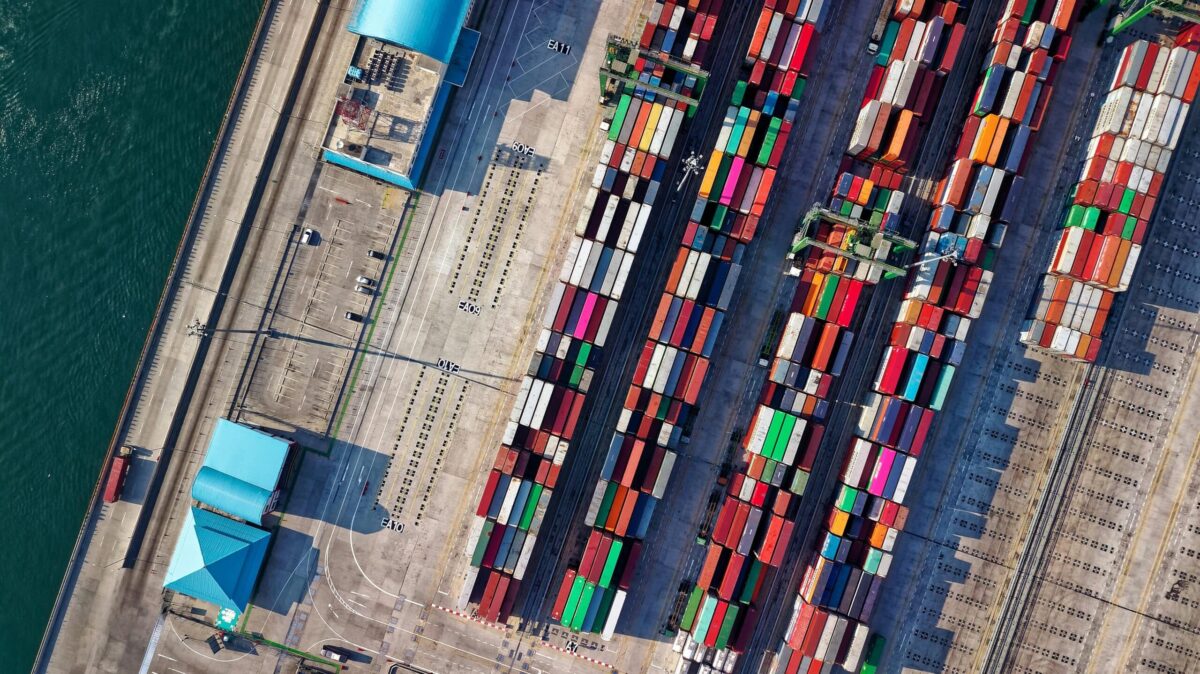The U.S. is preparing to impose new fees on Chinese-linked vessels, a move set to reshape shipping costs and global shipping routes. Beginning October 14, 2025, ships that are Chinese-built, owned, or operated will face port charges when calling at American ports.
Read the full story from Port Technology here.
What’s Changing?
The new rule introduces a fee structure that escalates over the next three years:
- Chinese-owned or operated ships: Fees start at $50 per net ton and rise to $140 by 2028.
- Non-Chinese operators using Chinese-built ships: Charges apply per ton or per container, whichever is higher, beginning around $18 per ton or $120 per container.
- Exemptions: Some smaller vessels and short-sea routes are excluded.
Customs and Border Protection (CBP) will oversee fee collection, and non-compliance could result in ships being barred from operations or departures.
Why It Matters
For importers and exporters, the impact could be significant. Large container ships operated by COSCO and other Chinese carriers may face millions of dollars in additional costs per voyage. Whether these costs stay with carriers or get passed on to businesses is still uncertain.
Thomas Witt notes that while some carriers say they won’t push fees onto customers, history suggests businesses should prepare for higher shipping costs. The ripple effects could include:
- Higher import prices as carriers adjust rate structures.
- Route changes to avoid affected ports or vessels.
- Operational complexity as shippers navigate exemptions and contract terms.
What Shippers Should Do
With these changes looming, companies relying on U.S. ports should:
- Review contracts with carriers to clarify who bears the cost.
- Identify whether shipments are tied to Chinese-built or operated tonnage.
- Explore alternative carriers or routing options where possible.
- Stay informed as CBP clarifies enforcement procedures.
As Thomas Witt emphasizes, global transportation strategies must adapt to political and economic shifts just as much as to market demand. These fees are not just about revenue—they signal broader competition in shipbuilding, security, and policy.

Leave a Reply